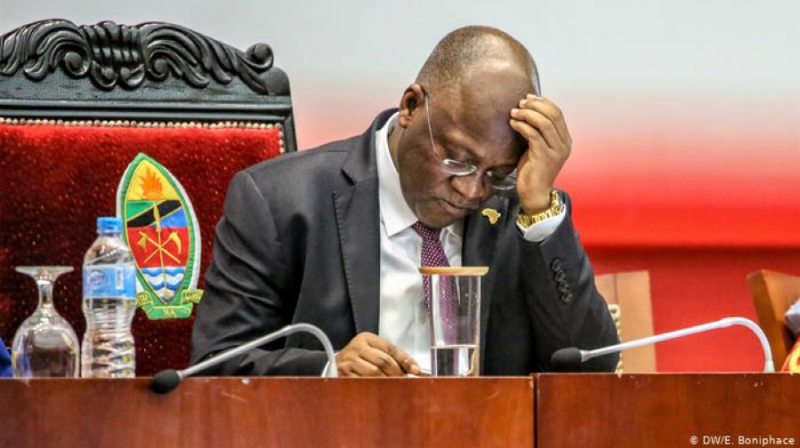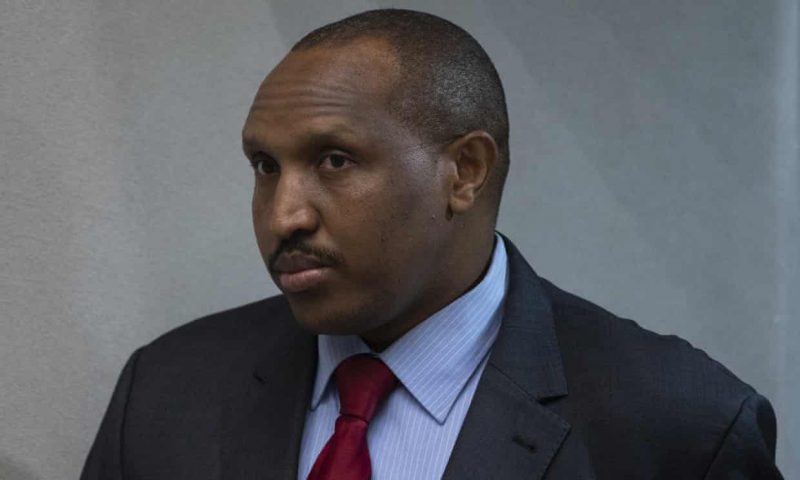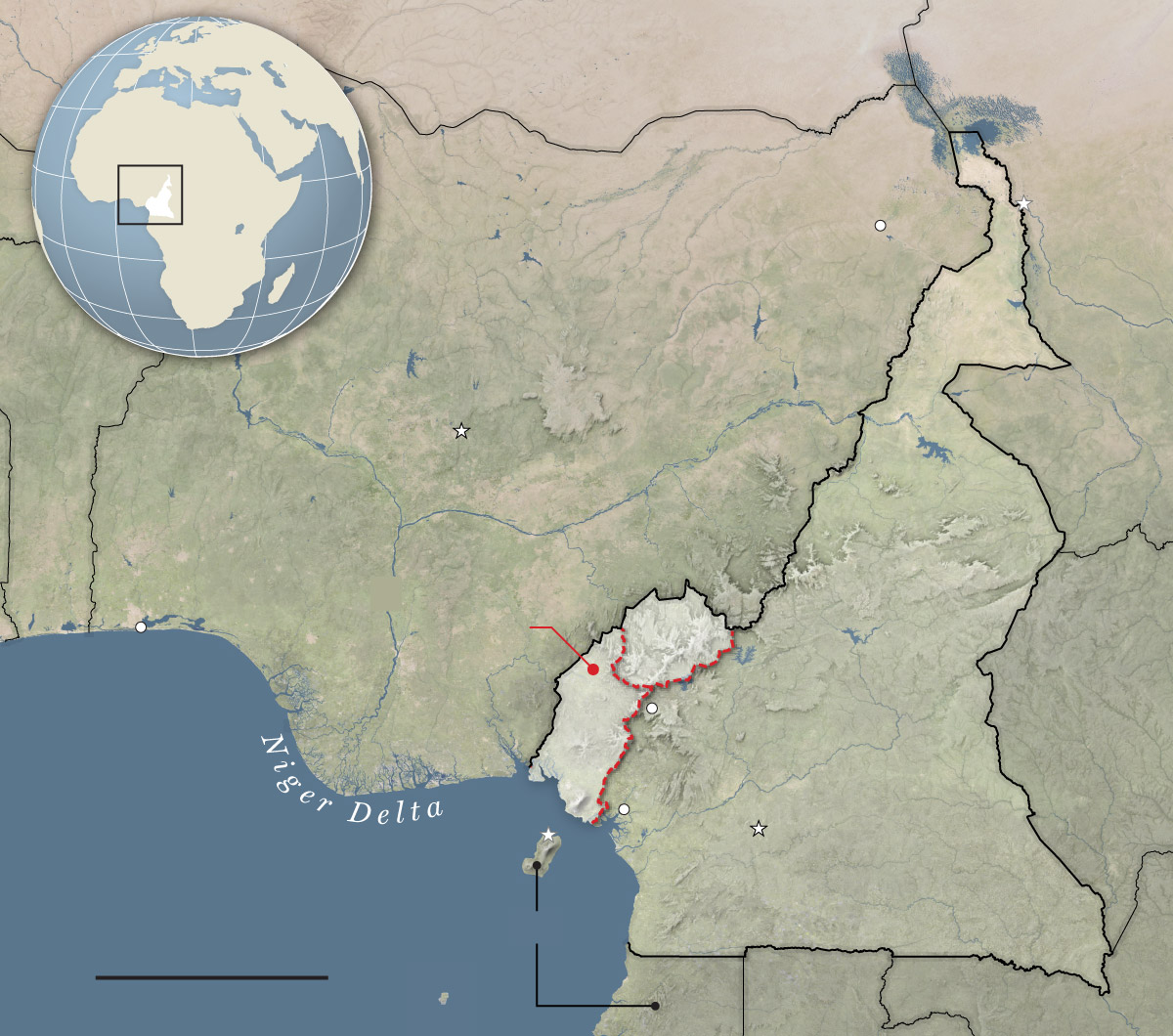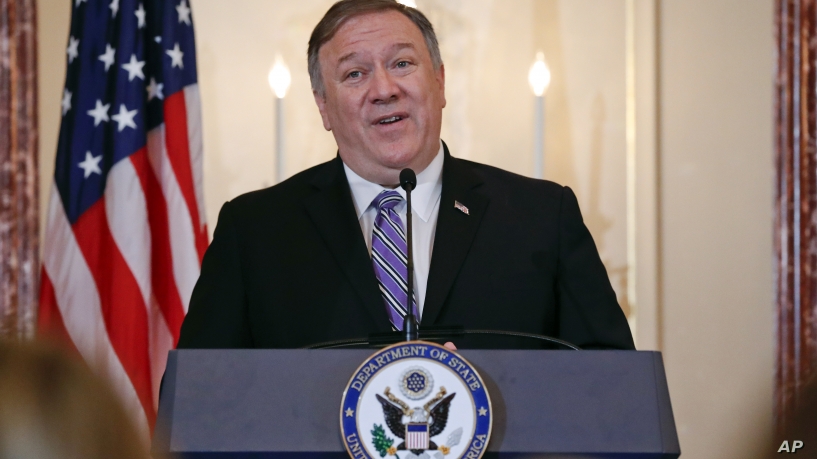By: Nadia Abed
Journal of Global Rights and Organizations, Associate Articles Editor
STRASBOURG, France — On February 13, 2020, the European Court of Human Rights (“ECHR”) ruled that Spain did not breach the European Convention on Human Rights (“the Convention”) in returning migrants to Morocco for attempting to cross the fences onto European Union territory in the case of N.D. and N.T. v. Spain.
On August 13, 2014, hundreds of migrants attempted to storm their way onto European Union territory by scaling fences to reach the city of Melilla, a Spanish enclave surrounded by Moroccan territory. Moroccan police were able to prevent about 500 migrants from scaling the outer fence, but around a hundred migrants succeeded, with 75 migrants reaching the top of the fence and a few landing on the other side on Spanish soil. Those who reached the soil were met by members of the Guardia Civil, the Spanish law enforcement, while others remained at the top of the fence.
Two individuals, N.D., a national of Mali, and N.T., a national of Côte d’Ivoire (“the applicants”), were of the few that remained at the top of the fence. After a few hours, the two climbed down and were apprehended by the Guardia Civil who “reportedly handcuffed them, took them back to Morocco and handed them over to the Moroccan authorities.”
The applicants lodged applications with the ECHR on February 12, 2015 alleging that there had been a violation of Protocol No. 4 Article 4 which prohibits collective expulsion of aliens and Article 13 which secures the right to an effective remedy. Through both Articles, the applicants claim that they were forced back to Morocco with “no chance to explain their circumstances, no chance to request asylum, and no chance to appeal their expulsion.”
On October 2, 2017, in its Chamber judgment, the Court held that there was a violation of Article 4 of Protocol No. 4 and a violation of Article 13 in conjunction with Article 4 of Protocol No. 4. On December 14, 2017, the Spanish Government requested the case be referred to the Grand Chamber under Article 43 of the Convention. On January 29, 2018 the Grand Chamber accepted and a hearing was held on September 26, 2018.
The Court reasoned that the applicants had attempted to enter Spanish territory in an unauthorized manner by taking advantage of a large crowd. In accordance with the Convention, States are required to “make available genuine and effective access to means of legal entry [and] should allow all persons who faced persecution to submit an application for protection.” As a result of not using the proper channels, States can refuse entry to their territories to aliens and asylum-seekers who fail, without convincing reason, to follow such requirements.
Regarding the applicants Article 4 of Protocol No. 4 claim, the Court noted that Spanish law had several possible means available to those seeking admission to their territory, such as applications for visas or international protection, therefore the State had provided genuine and effective access to its territory. Applicants’ did not allege they tried to enter Spanish territory by any legal means. The court concluded that the applicants had “placed themselves in jeopardy by participating in the storming of the border fences [and their expulsion was a] consequence of their own conduct.”
Regarding the applicants’ Article 13 claim taken in conjunction with Article 4 of Protocol No. 4, the Court explains that “the lack of an [individualized] procedure for [the applicants’] procedure for their removal had been the consequence of the applicants’ own conduct in placing themselves in an unlawful situation by crossing the Melilla border protection structures… at an [unauthorized] location.” Further, the Court concluded that there had not been a violation of Article 4 of Protocol No. 4 or Article 13 in conjunction with Article 4 of Protocol No. 4.
European Court of Human Rights – Case of N.D. and N.T. v. Spain – 12 Feb. 2020




